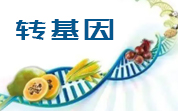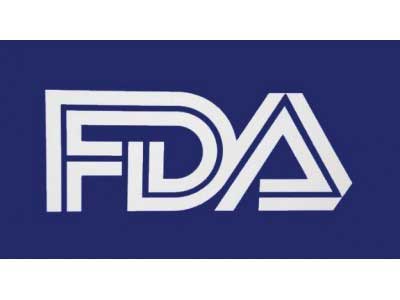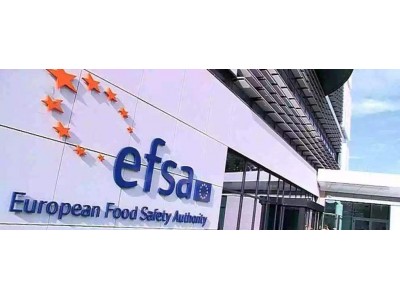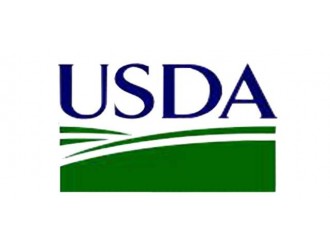йЈҹе“ҒдјҷдјҙзҪ‘и®ҜжҚ®жҜҸж—?a href='//www.sqrdapp.com/news/tag_2227.html' class='zdbq' title='йҘ®ж–ҷзӣёе…ійЈҹе“Ғиө„и®Ҝ' target='_blank'>йҘ®ж–ҷзҪ‘ж¶ҲжҒҜпјҢж—ҘеүҚ欧зӣҹйЈҹе“Ғе®үе…ЁеұҖжӢ’з»қдә…ьa href='//www.sqrdapp.com/news/tag_3726.html' class='zdbq' title='еҫ·еӣҪзӣёе…ійЈҹе“Ғиө„и®Ҝ' target='_blank'>еҫ·еӣҪдёҖ家公еҸ·ьa href='//www.sqrdapp.com/news/tag_992.html' class='zdbq' title='е’–е•Ўеӣ зӣёе…ійЈҹе“Ғиө„и®? target='_blank'>е’–е•Ўеӣҹь/a>жһңжұҒйҘ®ж–ҷзҡғьa href='//www.sqrdapp.com/news/tag_896.html' class='zdbq' title='еҒҘеә·еЈ°з§°зӣёе…ійЈҹе“Ғиө„и®Ҝ' target='_blank'>еҒҘеә·еЈ°з§°гҖӮиҜҘйҘ®ж–ҷжҳҜдёҖз§Қеҗ«жңүжһңжұҒгҖҒзі–гҖ?a href='//www.sqrdapp.com/news/tag_1848.html' class='zdbq' title='з”ңе‘іеүӮзӣёе…ійЈҹе“Ғиө„и®? target='_blank'>з”ңе‘іеүҒь/a>еҸҠй«ҳеүӮйҮҸе’–е•Ўеӣ зҡ„еҫ·еӣҪйҘ®ж–ҷгҖ
гҖҖгҖҖеҫ·еӣҪе…¬еҸёд»?1зҜҮж–ҮзҢ®дҪңдёәз”іиҜ·еҒҘеә·еЈ°з§°зҡ„дҫқжҚ®пјҢ然иҖҢ欧зӣҹйЈҹе“Ғе®үе…ЁеұҖи®Өдёәе…¶дёӯ30зҜҮдёҚе…·жңүиҜҙжңҚеҠӣпјҢеӣ дёәз ”з©¶еҜ№иұЎдёҚжҳҜиҜҘе…¬еҸёзҡ„жһңжұҒгҖҒь/p>
йғЁеҲҶеҺҹж–ҮжҠҘйҒ“еҰӮдёӢпјҷь/p>
A German mineral water containing four juices, sugars and sweeteners and a high dose of caffeine has failed to impress EFSA scientists, despite a dossier containing 31 supporting studies.
The rejection came despite the European Food Safety Authority's Panel on Dietetic Products, Nutrition and Allergies пјҲNDAпј previously approving article 13, general function, caffeine-attention claims although they are not law yet as EU member states debate the merits and usability of caffeine-based claims.
еҺҹж–Үй“ҫжҺҘпјҷьa href="http://www.beveragedaily.com/Regulation-Safety/Attention-deficit-EFSA-rejects-German-caffeine-juice-claims">http://www.beveragedaily.com/Regulation-Safety/Attention-deficit-EFSA-rejects-German-caffeine-juice-claims











 ең°еҢәпјҷь/font>
ең°еҢәпјҷь/font>

 欧зӣҹиҜ„дј°иҪ¬еҹәеӣ зҺүзұіMO
欧зӣҹиҜ„дј°иҪ¬еҹәеӣ зҺүзұіMO
 欧зӣҹиҜ„дј°дёҖз§ҚйәҰиҠҪзі–ж·Җ
欧зӣҹиҜ„дј°дёҖз§ҚйәҰиҠҪзі–ж·Җ зҫҺеӣҪжӢҹж’Өй”ҖиӢҘе№ІиӮүзұ»еҸүь/a>
зҫҺеӣҪжӢҹж’Өй”ҖиӢҘе№ІиӮүзұ»еҸүь/a> йІҒе…¬зҪ‘е®үеӨ 37060202000128еҸ¶ь/a>
йІҒе…¬зҪ‘е®үеӨ 37060202000128еҸ¶ь/a>



